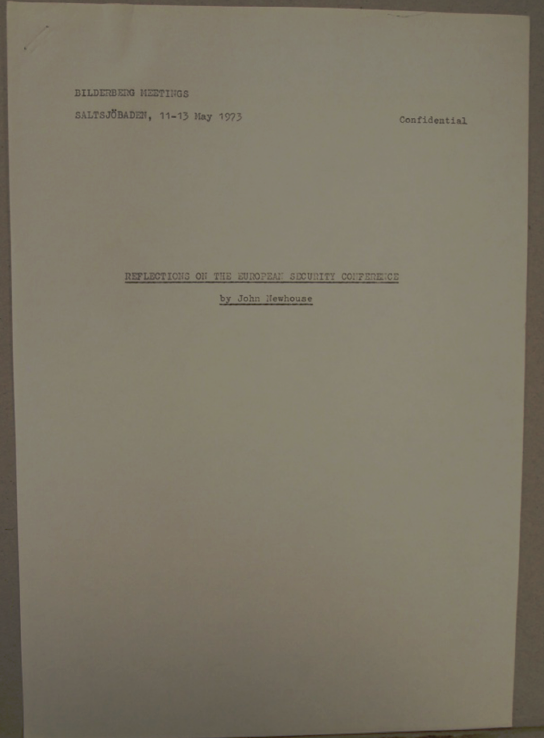Historically, a conference on European security is a durable Soviet proposal, dating to the upper 1950’s and periodically bobbing up in one or another whenever it suited Moscow’s purpose. The purpose was to gain general acceptance of Europe’s division and Soviet dominance of Eastern Europe. With much of that already achieved by other instruments — notably the West German treaties with the U.S.S.R. and Poland, the agreements between the two Germanies and the irreversible thrust of Bonn’s Ost-Politik the utility of CSCE from Moscow’s point of view is substantially less than before.
For this and other reasons, relatively little of importance is at stake in CSCE. (Conference on Security and Cooperation in Europe). The Soviet interest now lies in creating the impression of movement, of the absence of tension and of a European political environment emptied of the threat of intimidation and coercion from the East. Other than urging expanded economic contacts, tourism and formal cultural exchanges, Moscow can be relied upon to resist initiatives aimed at actually altering political life in Europe by means that might escape official sanction and control.

